Best Seasons for Septic System Installation
Septic system installations are most effectively performed during specific times of the year to ensure optimal soil conditions and installation quality. The best periods typically include late spring through early fall when the ground is neither frozen nor excessively wet. Proper timing can influence the longevity and performance of the system.
Late spring and early fall are ideal due to moderate soil moisture and temperature, facilitating easier excavation and installation.
Dry, stable weather reduces the risk of delays and complications during installation, ensuring a smoother process.
Well-drained soil with consistent moisture levels supports proper septic system functioning and reduces the risk of settling issues.
Planning installations during off-peak seasons can help avoid scheduling conflicts and expedite project timelines.
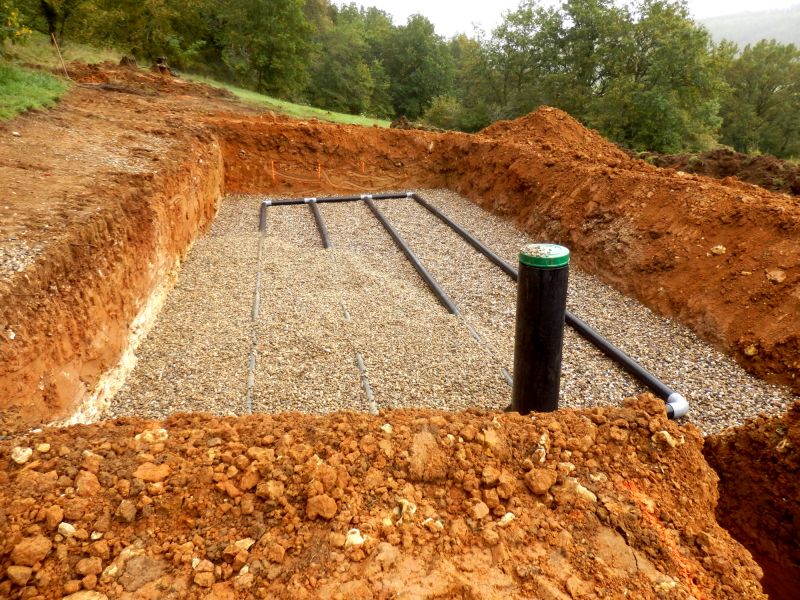
Spring offers moderate soil moisture, making it suitable for excavation and installation activities.
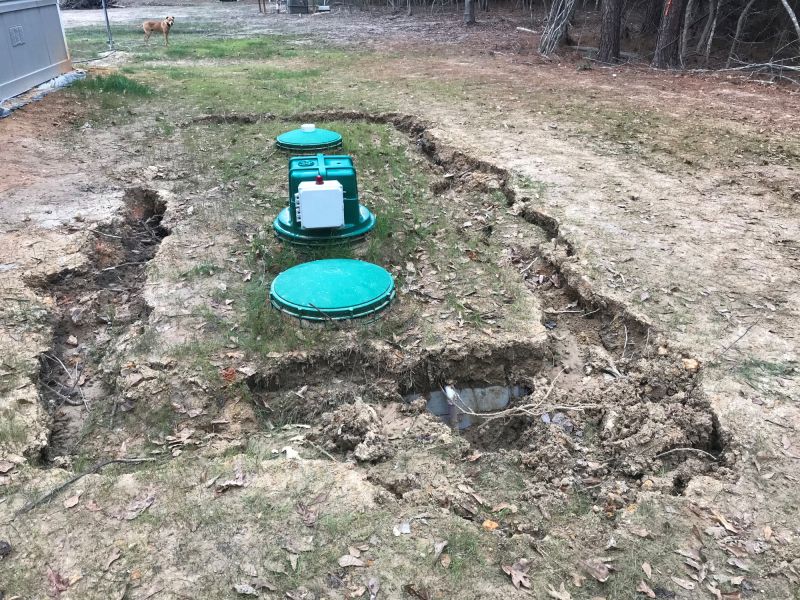
Summer provides dry conditions, reducing delays caused by wet soil and weather disruptions.
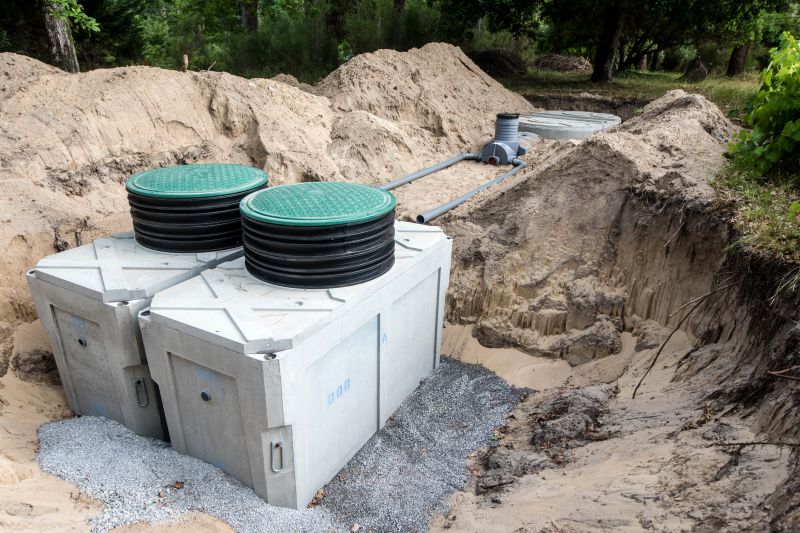
Fall's cooler temperatures and stable soil conditions support effective system setup before winter.
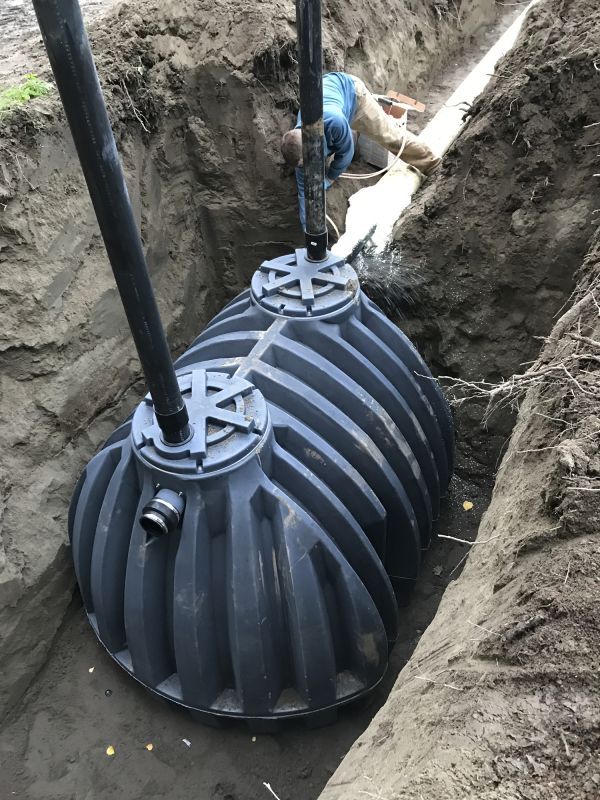
Ways to make Septic System Installations work in tight or awkward layouts.
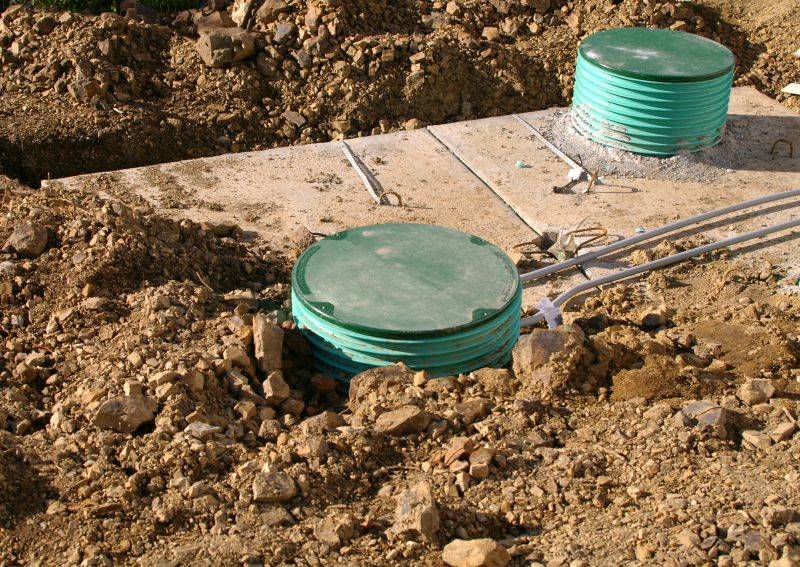
Popular materials for Septic System Installations and why they hold up over time.
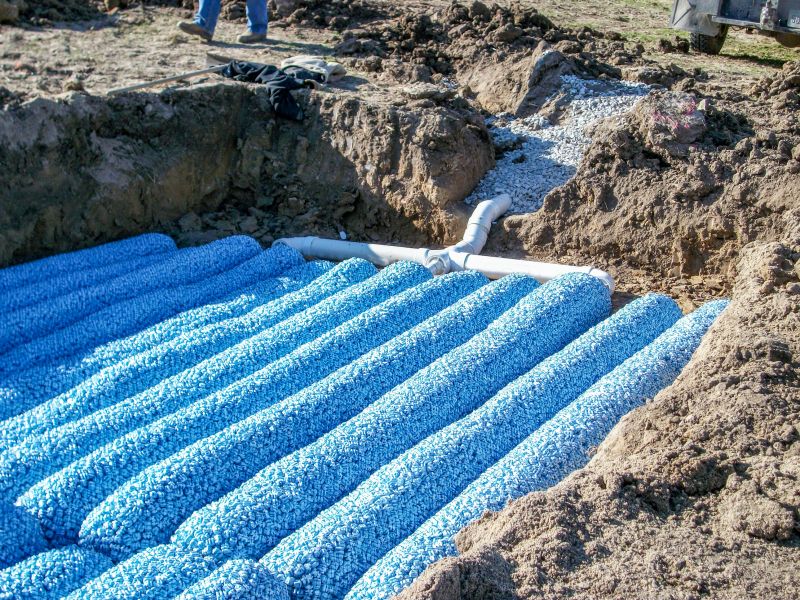
Simple add-ons that improve Septic System Installations without blowing the budget.
Septic system installations involve several critical steps, including site assessment, soil testing, excavation, and system setup. Proper timing ensures that these processes are carried out under optimal conditions, reducing potential issues such as soil instability or waterlogging. Installing during favorable weather conditions minimizes delays and can extend the lifespan of the system.
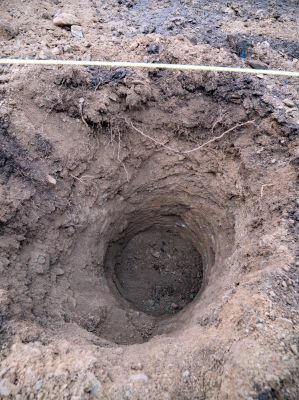
Excavation is easier during dry, moderate weather, reducing the risk of soil collapse or delays.
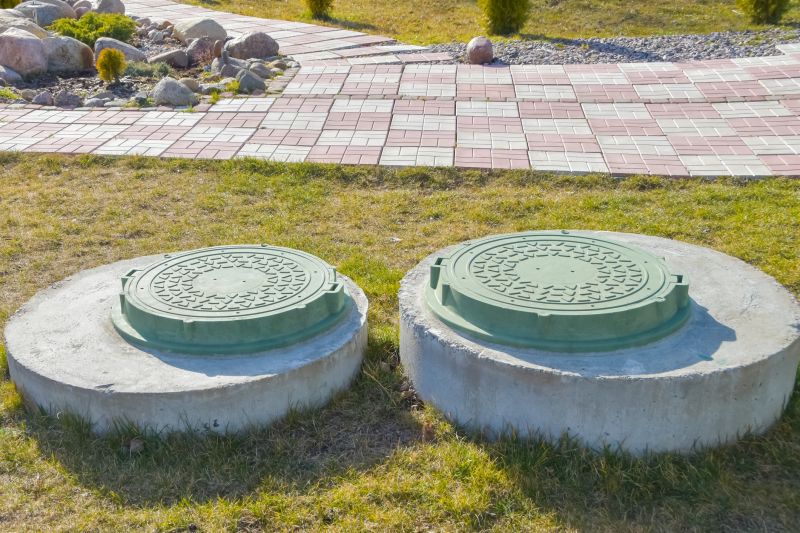
Proper placement depends on stable ground conditions, which are best maintained during optimal seasons.
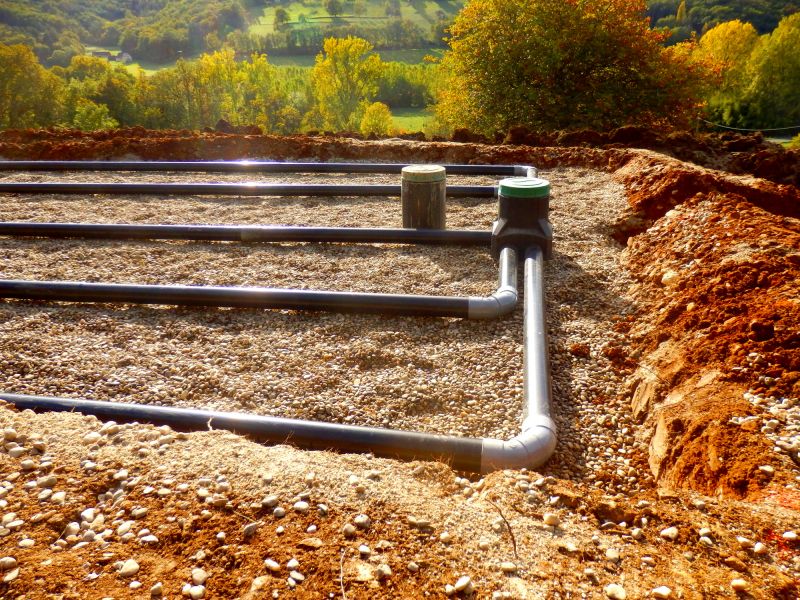
Backfilling is more straightforward when soil moisture levels are appropriate, preventing future settling issues.
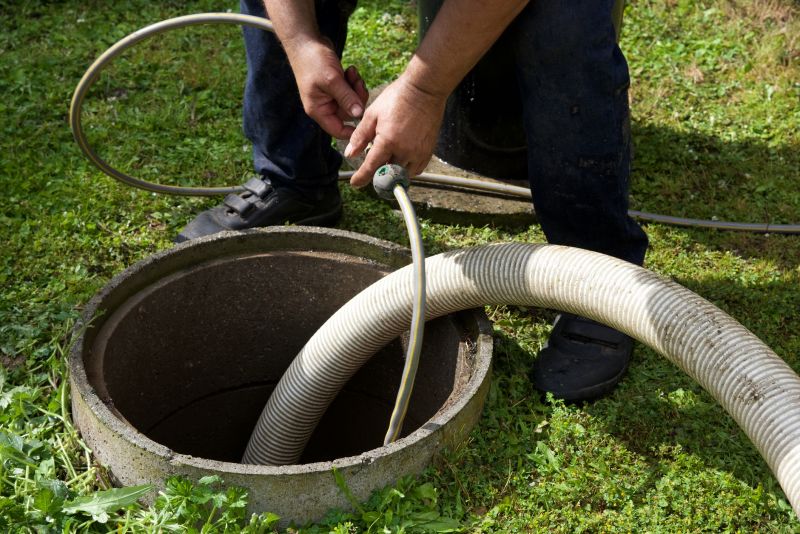
Conducted after installation during favorable weather ensures system integrity before use.
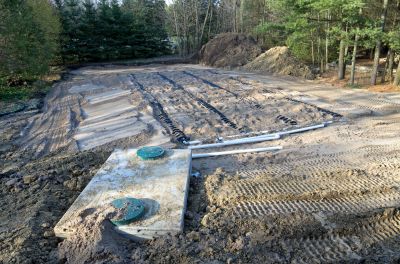
High-end options that actually feel worth it for Septic System Installations.
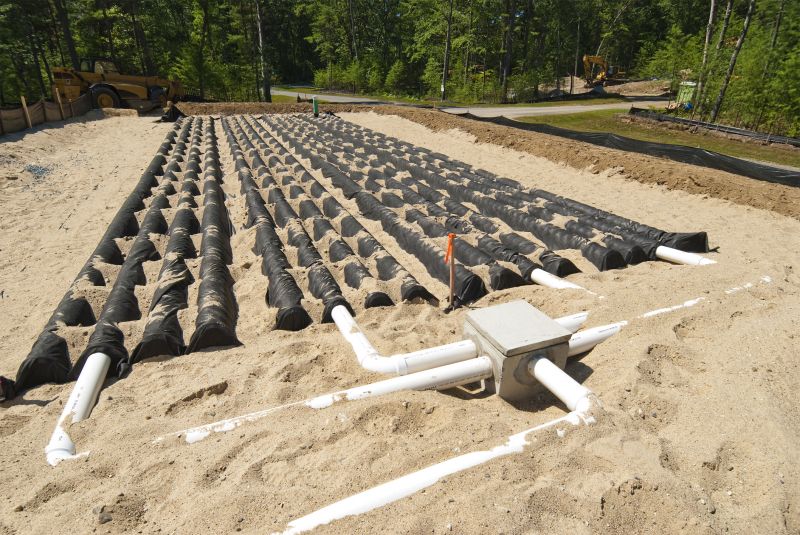
Finishes and colors that play nicely with Septic System Installations.
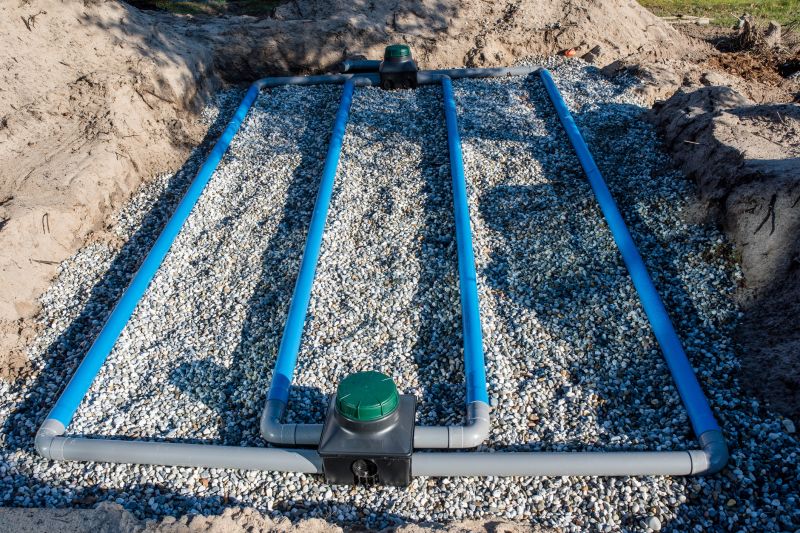
Little measurements that prevent headaches on Septic System Installations day.
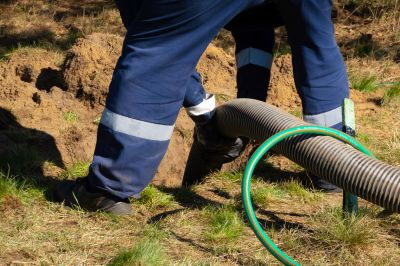
A 60-second routine that keeps Septic System Installations looking new.
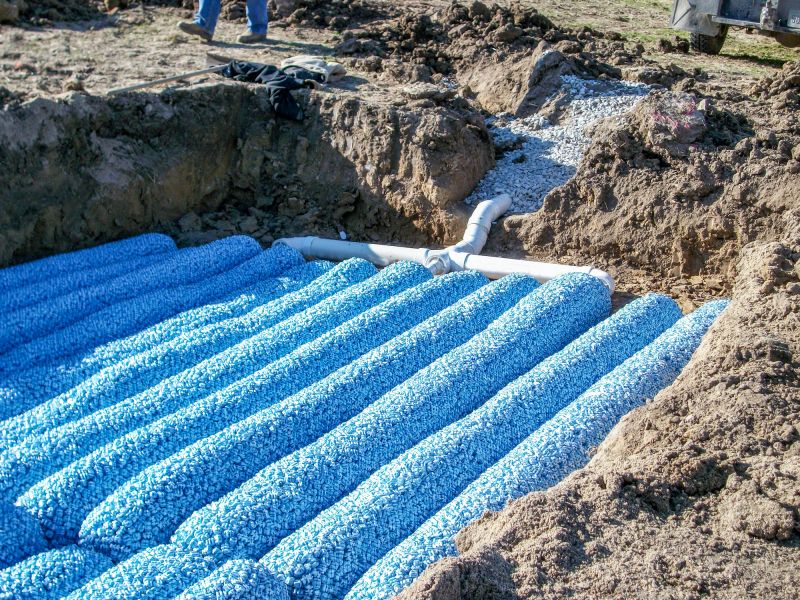
A frequent mistake in Septic System Installations and how to dodge it.
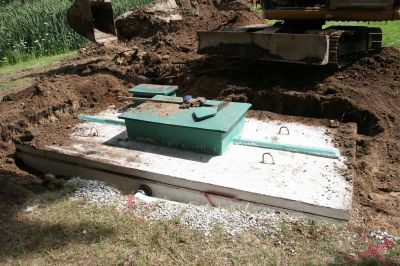
Small tweaks to make Septic System Installations safer and easier to use.
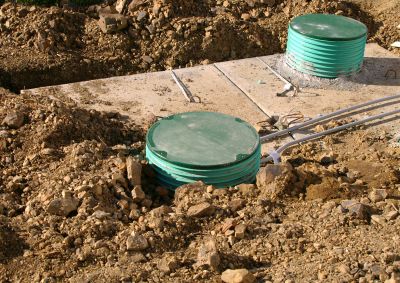
Lower-waste or water-saving choices for Septic System Installations.
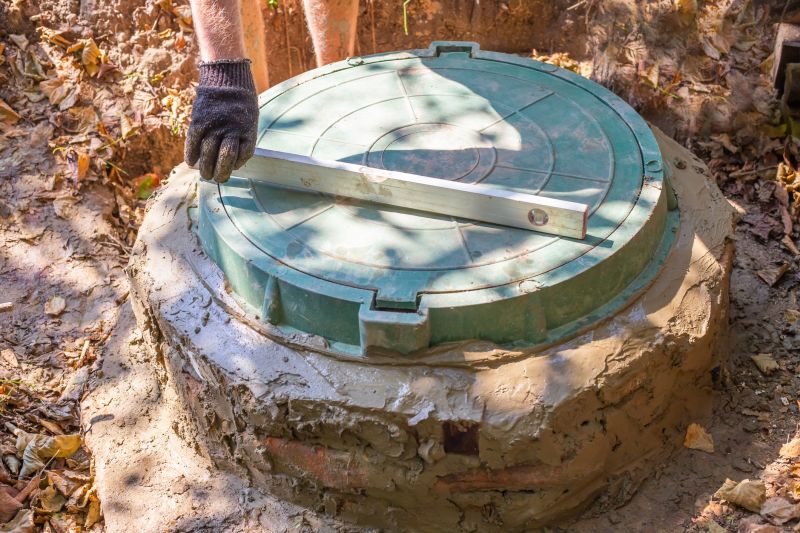
The short, realistic tool list for quality Septic System Installations.
| Season | Advantages |
|---|---|
| Spring | Moderate soil moisture, longer daylight hours, good for excavation. |
| Summer | Dry conditions, faster installation, less weather-related delays. |
| Fall | Cooler temperatures, stable soil, prepares system before winter. |
| Winter | Not recommended due to frozen ground and difficult access. |
Choosing the appropriate time for septic system installation depends on local climate conditions, soil type, and project scope. Proper scheduling enhances installation efficiency and system performance. Consulting with experienced specialists can help determine the best period based on specific site conditions.
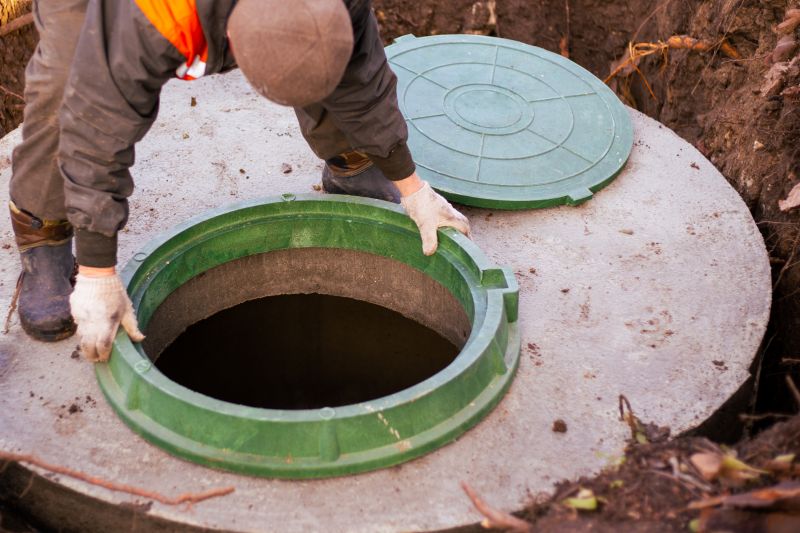
Site preparation during suitable weather ensures a solid foundation for the system.
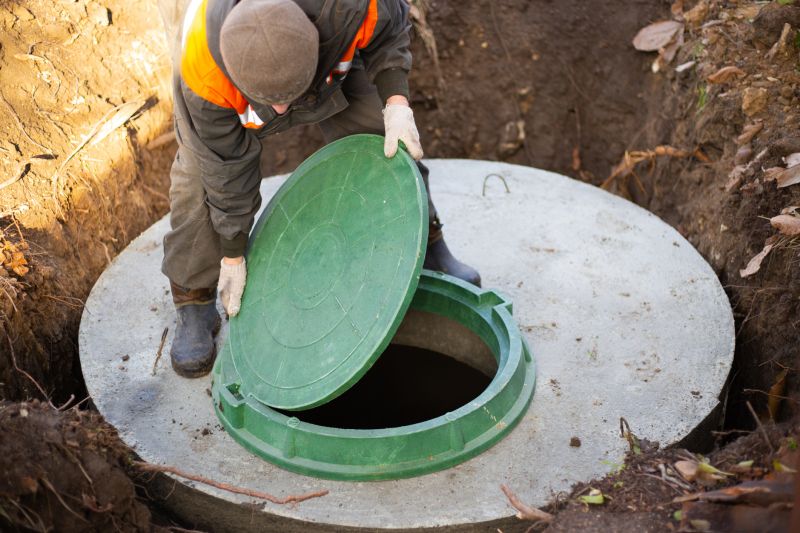
Proper weather conditions facilitate the use of heavy machinery and equipment.
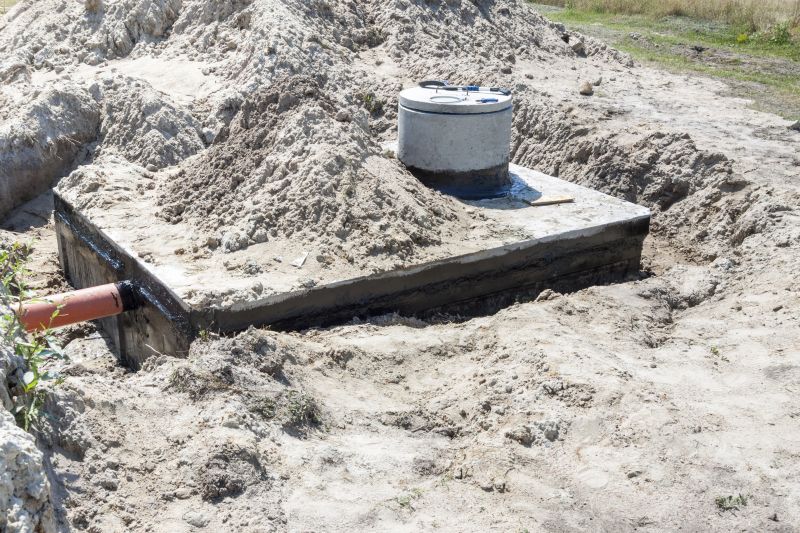
A properly timed installation results in a fully functional system ready for use.
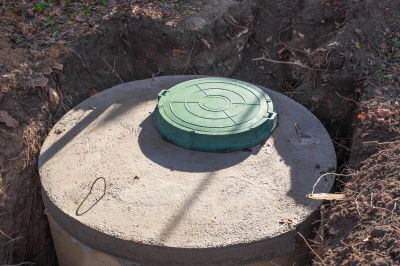
Rough timing from prep to clean-up for Septic System Installations.
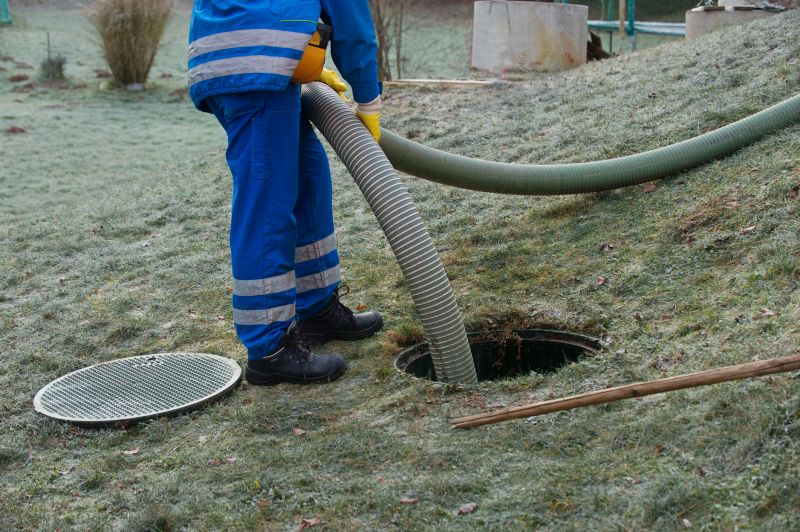
Quick checks and paperwork to keep after Septic System Installations.
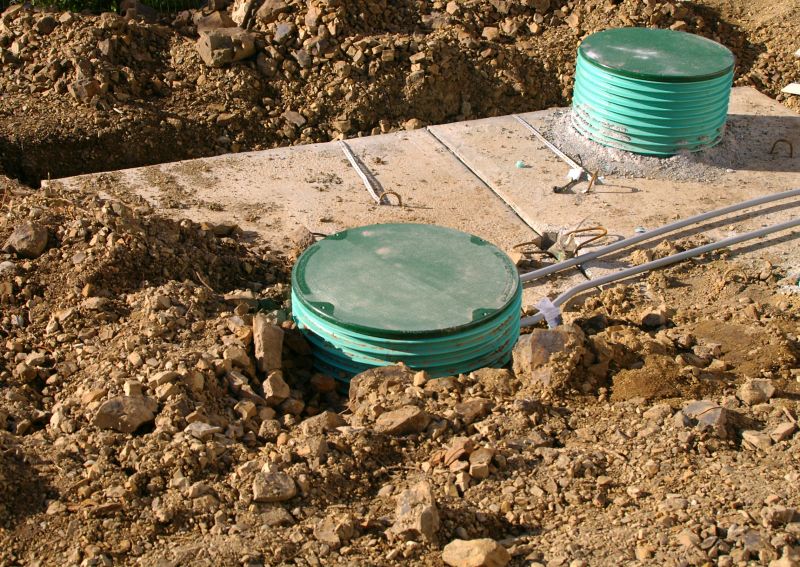
Examples that show the impact a good Septic System Installations can make.
Interested parties are encouraged to contact for more information about septic system installation scheduling and planning. Proper timing can contribute significantly to the efficiency and longevity of the system, ensuring reliable performance for years to come.



